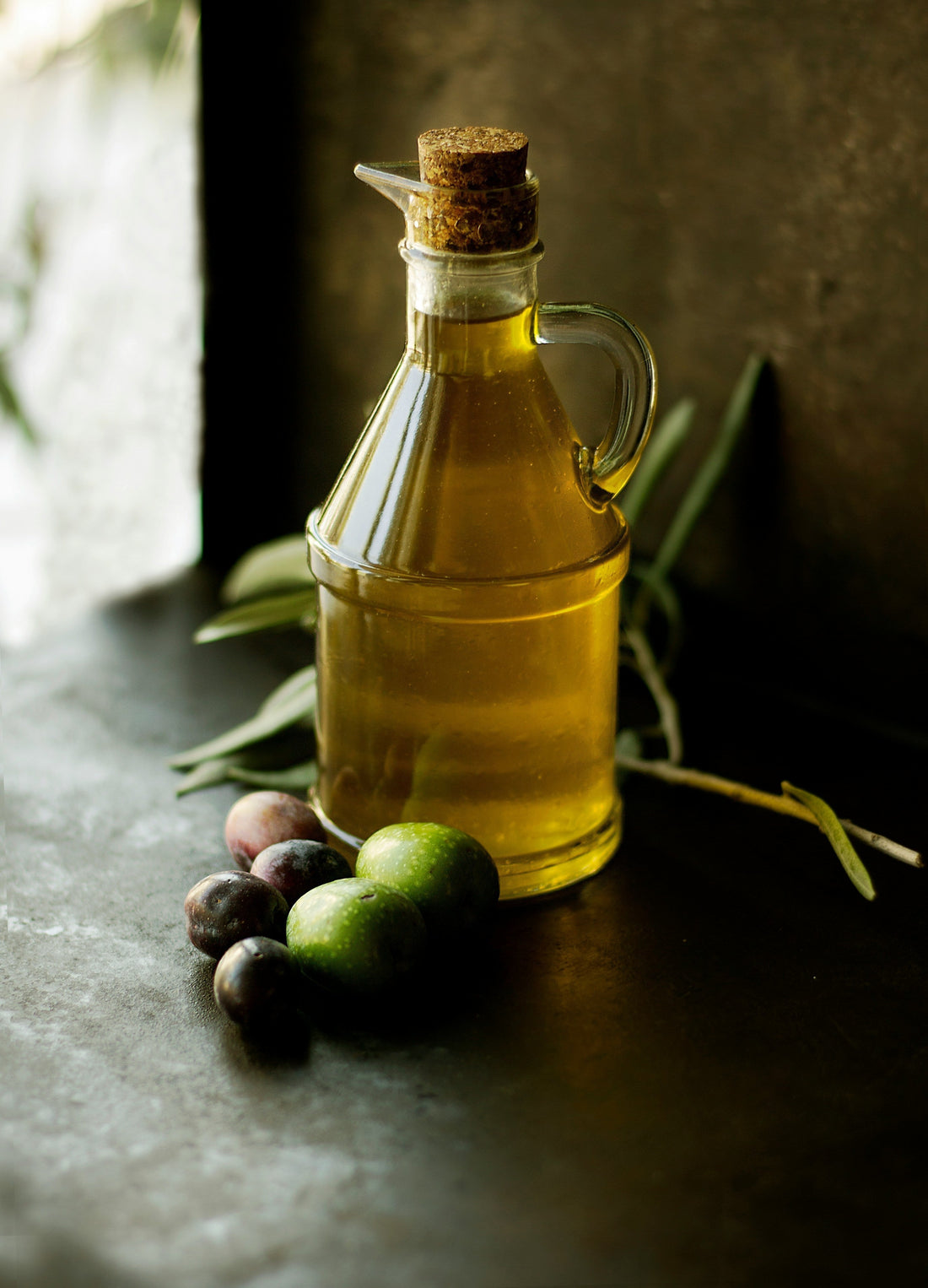
The Essential Guide to Soap-Making Oils and Butters for Beginners
Share
Soap-Making Is More Than Just Mixing Ingredients
Soap-making is a careful blend of natural oils and butters that determine the quality, texture, and benefits of your final soap bar. Whether you're new to soap-making or looking to refine your recipes, understanding the unique properties of each oil and butter is key. In this guide, we’ll explore the top oils and butters for cold process and hot process soap, including how they contribute to lather, hardness, and skin feel.
Why Oils and Butters Matter in Soap-Making
Each oil and butter used in soap-making contributes specific qualities to the final product:
Hardness
Affects how long your soap lasts.
Lather
Bubbly, creamy, or silky foam.
Moisturizing Properties
Leaves skin soft and conditioned.
Stability
Affects shelf life and resistance to rancidity.
Choosing the right combination of soap-making oils and butters can transform your soap into a gentle, long-lasting, and luxurious bar.
Best Base Oils and Butters for Soap-Making
Olive Oil
A staple in soap-making, olive oil is known for its moisturizing and conditioning properties. High in oleic acid, it creates a mild, creamy lather. Ideal for dry or sensitive skin, it’s commonly used in Castile and Bastille soaps.

Coconut Oil
Popular for its excellent lather and cleansing power, coconut oil makes a hard, bubbly bar. It’s best balanced with more conditioning oils to prevent dryness, especially in high percentages.
Palm Oil
Palm oil adds firmness and a creamy lather, producing a balanced, long-lasting bar. Many soap-makers now use RSPO-certified sustainable palm oil to support ethical sourcing.
Shea Butter
Rich in vitamins and fatty acids, shea butter moisturizes and softens the skin. It adds a luxurious feel to soap and is ideal for dry or sensitive skin types.
Cocoa Butter
Cocoa butter contributes to a hard, smooth bar and a rich, creamy lather. Its natural scent adds a hint of chocolate to unscented bars, making it perfect for spa-like soap recipes.
Kokum Butter
A firm, non-greasy butter that adds stability and richness. Kokum butter is ideal for sensitive or mature skin and helps create a dense, long-lasting bar.
Top Luxury and Specialty Oils for Soap-Making
Castor Oil
Castor oil is used to boost lather and add creaminess. It also contributes to the soap’s moisturizing qualities and works well in shampoo bars and facial soaps.
Avocado Oil
High in vitamins A, D, and E, avocado oil is soothing and deeply conditioning. It produces a creamy lather and is ideal for mature or dry skin soaps.
Argan Oil
A premium oil rich in antioxidants and fatty acids, argan oil enhances skin feel and adds a luxurious touch to any soap. It's often used in small amounts due to its high cost.
Grapeseed Oil
Lightweight and fast-absorbing, grapeseed oil is high in linoleic acid and ideal for gentle soap recipes. Use it in small amounts to prevent a shorter shelf life.
Rosehip Oil
Rosehip oil adds a nourishing, silky quality to soap and is rich in essential fatty acids. It’s often used as a superfatting oil to retain its skin-loving benefits.
Apricot Kernel Oil
This gentle, light oil provides moisture and a soft skin feel, making it perfect for baby soaps or sensitive skin bars.
Rice Bran Oil
Mild and antioxidant-rich, rice bran oil offers a balanced blend of cleansing and conditioning. It’s often used as an affordable alternative to olive oil in soap recipes.

Printable Reference List of Oils and Butters
To make it easier for you to reference these oils and butters while formulating your soap recipes, I've created a printable list of oils and butters, including their main properties and benefits.
[Download Printable List of Oils & Butters for Soap-Making]
Tips for Choosing Oils and Butters in Your Soap Recipe
- Combine hard oils (like coconut, palm, cocoa butter) with soft oils (like olive, avocado, rice bran) for balance.
- Add butters in small amounts for extra luxury and skin benefits.
- Watch for shelf life; some oils like grapeseed and rosehip are more prone to rancidity.
- Superfat your recipe to leave extra conditioning oils in the final bar.

Conclusion
Choosing the right oils and butters for your soap is essential for achieving the perfect bar, whether you want a gentle facial soap, a bubbly body bar, or a moisturizing treat for dry skin. By understanding the properties of each oil and butter, you can customize your recipe to meet any need.
Whether you’re formulating for sensitive skin, aiming for a high-lather bar, or creating luxurious artisan soap, the right ingredients make all the difference.
You may also be interested in Free Printable Soap and Candle Supplies Inventory Template.
